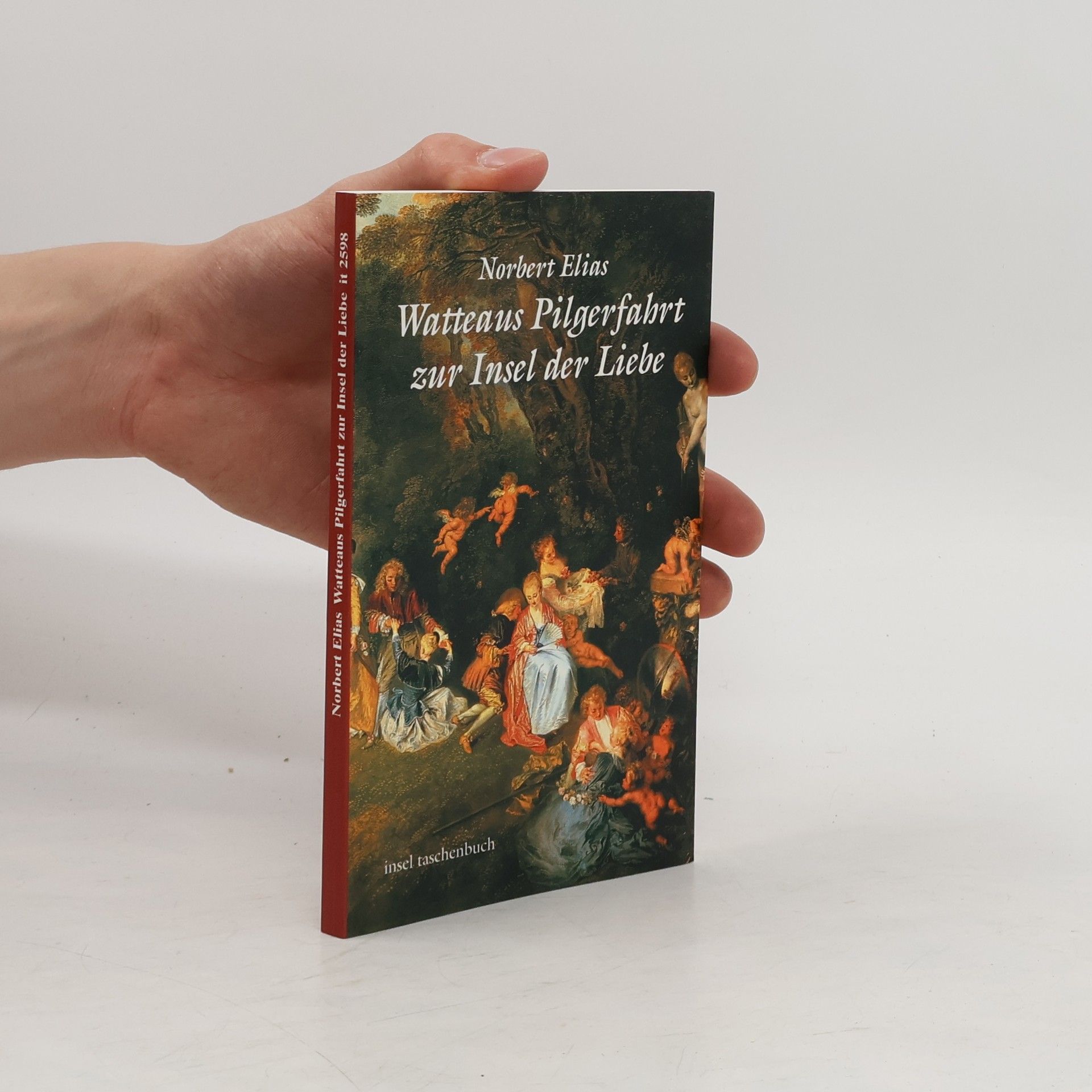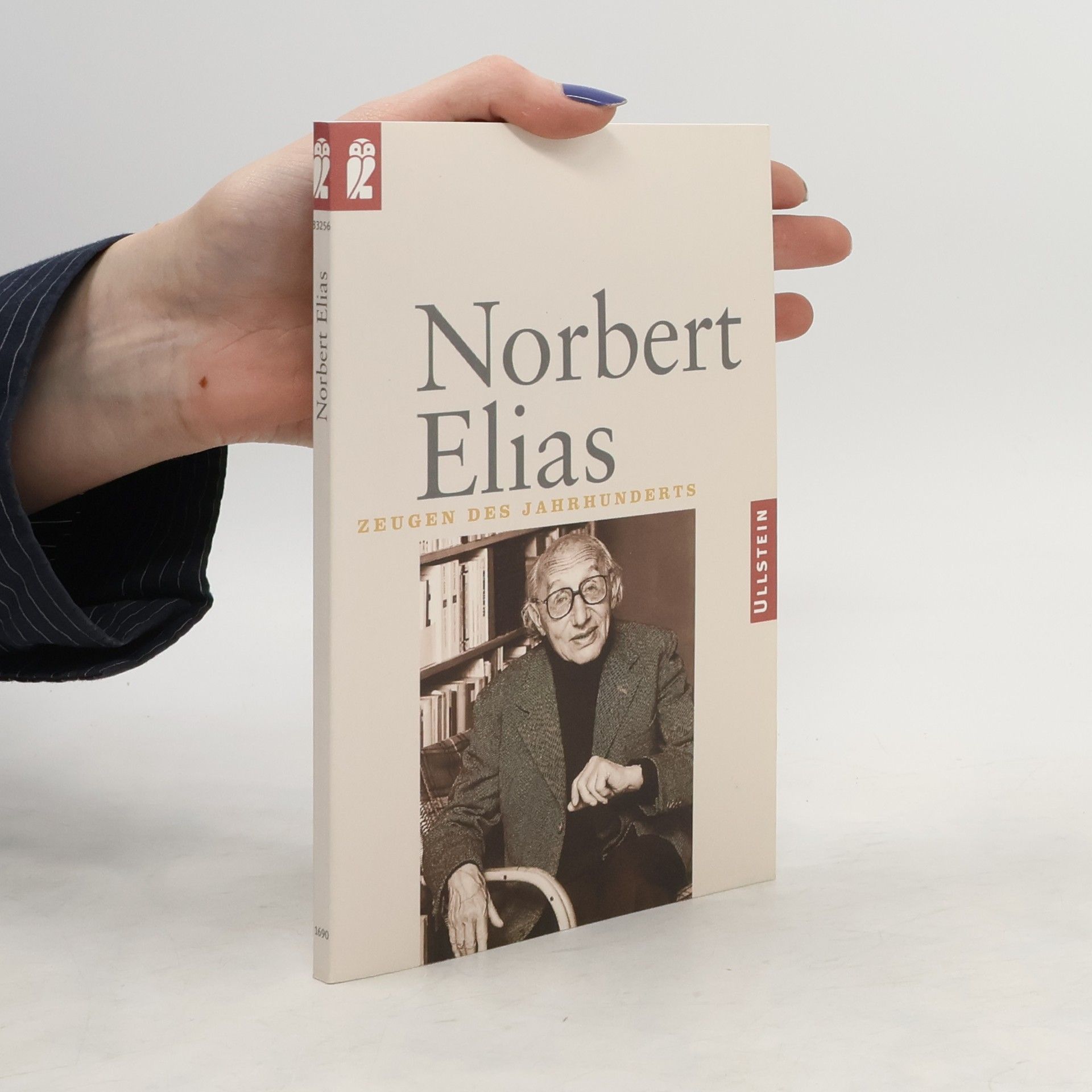Norbert Elias Book order (chronological)
Norbert Elias was a German sociologist whose theories explored the intricate relationships between power, behavior, emotion, and knowledge across time. He profoundly shaped the field known as process or figurational sociology. Despite remaining a marginal figure for much of his career due to historical circumstances, Elias experienced a significant rediscovery in the 1970s. This resurgence established him as one of the most influential sociologists in the discipline's history.

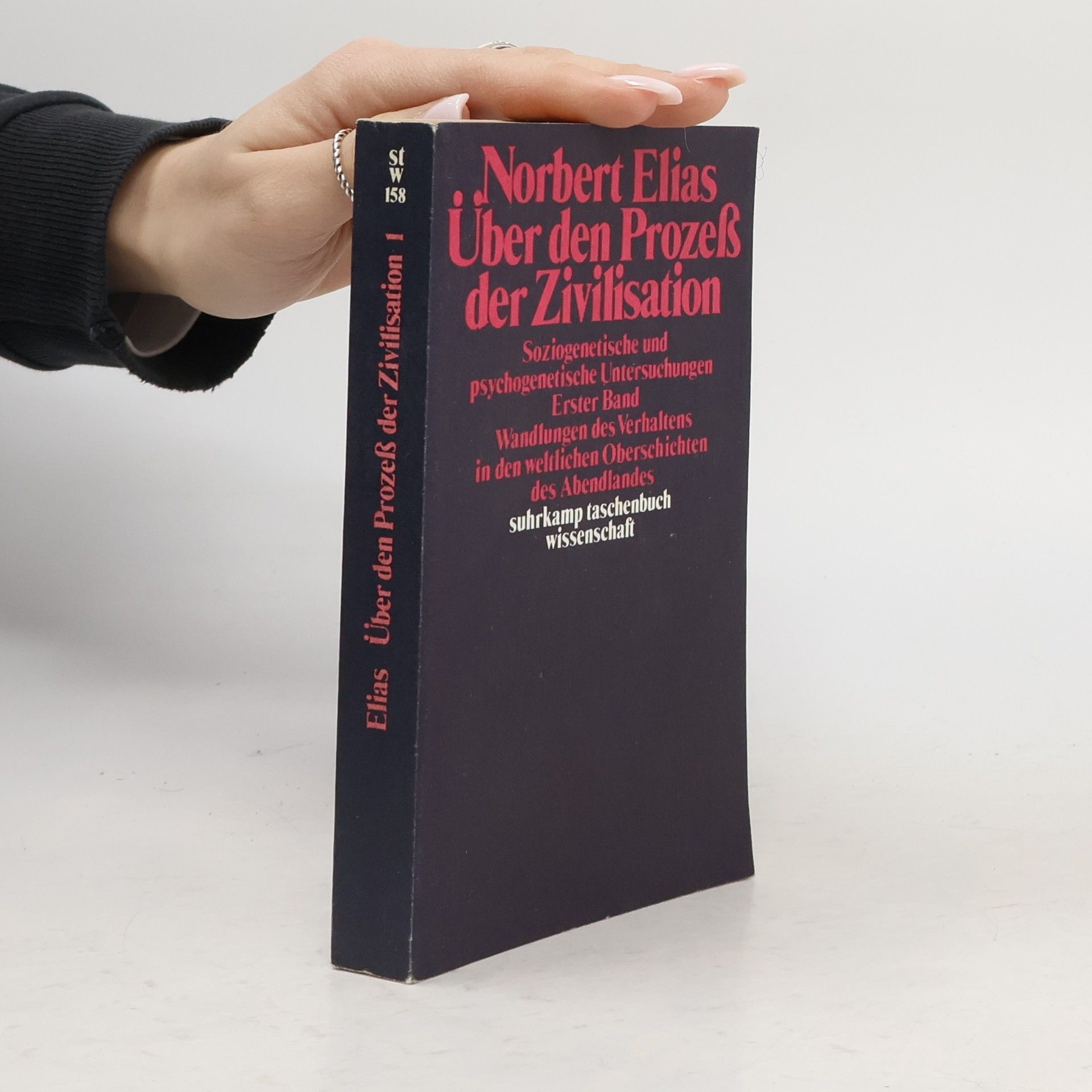
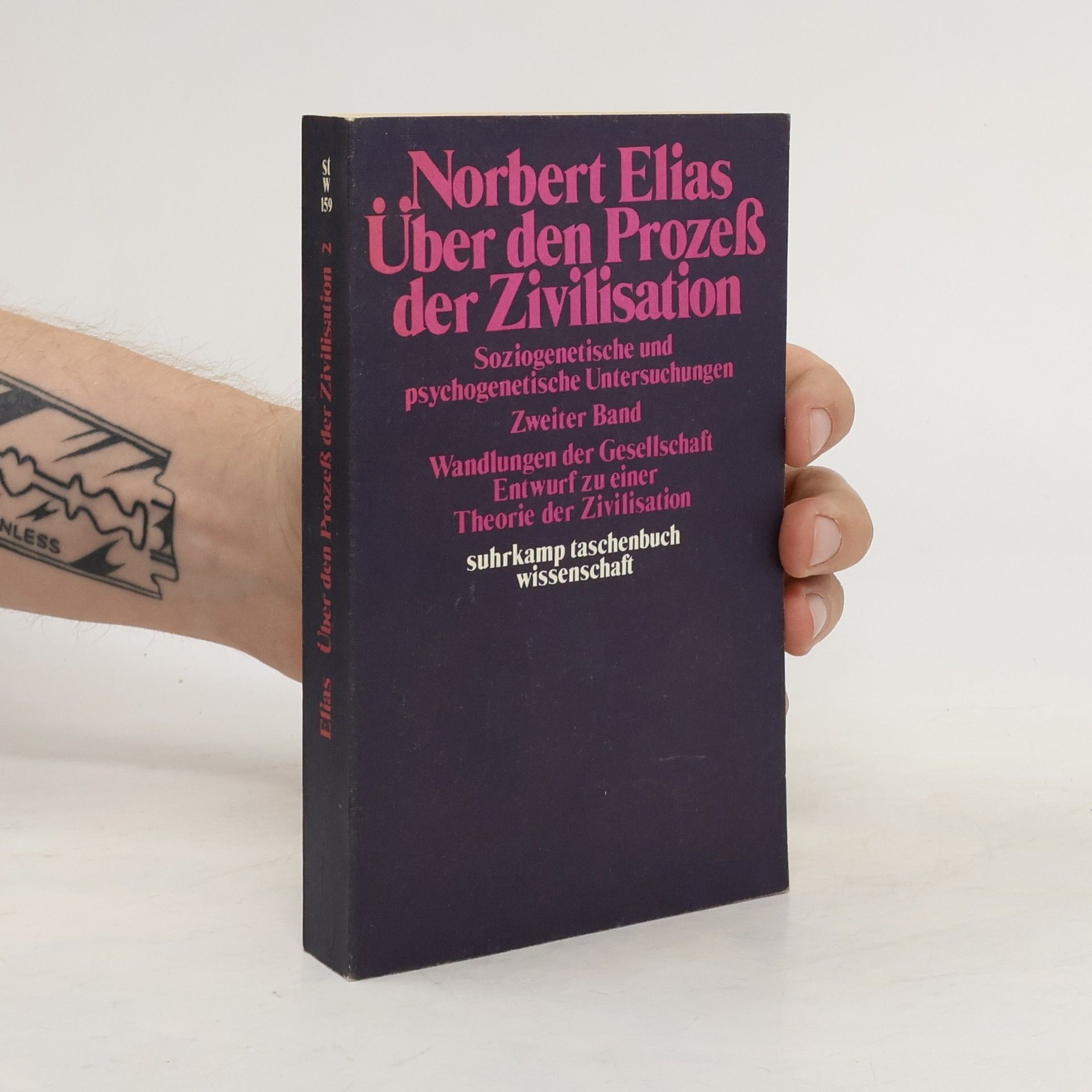
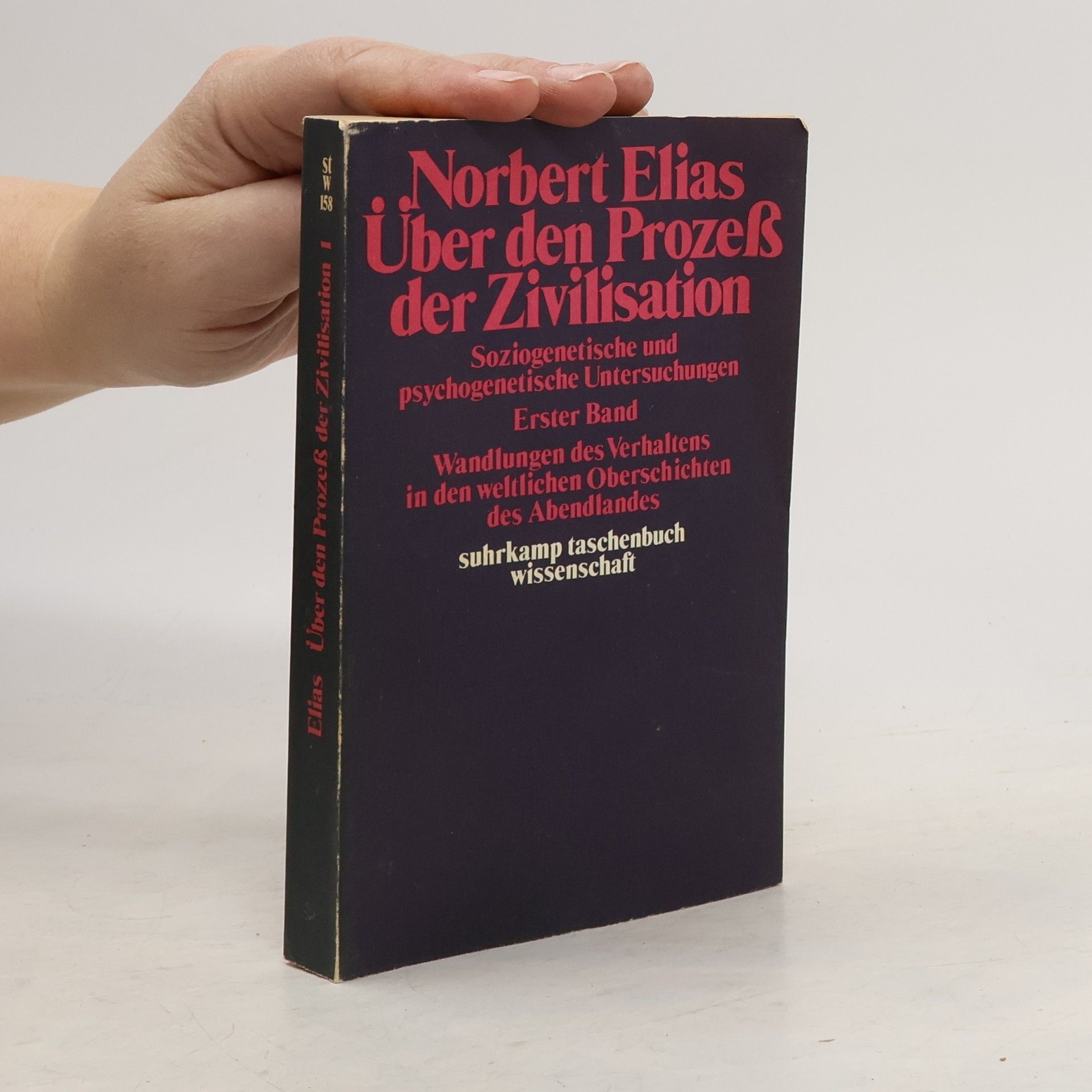



Norbert Elias’s African Processes of Civilisation
On the Formation of Survival Units in Ghana
In 1962 Norbert Elias was invited as a temporary professor at the University of Ghana in Legon, Accra. He taught, employed fieldwork, travelled, and met many people in postcolonial Africa. When Elias left Ghana in 1964, he had laid the basic groundwork for a fundamental sociological argument on human societies. The volume on hand is a selection of his unpublished writings based on these experiences. Together they touch upon not only the well-known criticism of Eurocentrism and a developmental perspective but also what could be considered the core of Elias’s work: the concept of civilisation. In a foreword, Dieter Reicher and Adrian Jitschin have endeavoured to explain and break down the relations of Elias’s African experience to the rest of his work and biography. They also clarified some misleading interpretations of Elias’s time in Africa. Finally, Arjan Post has uncovered the previously unknown fascinating story of Elias’ encounter with Malcolm X in an epilogue.
Sozialer Kanon, soziale Existenz und das Problem der Sinngebung. Ein soziologischer Essay
Herausgegeben von Christoph Egen
Dieser Nachlass von Norbert Elias untersucht die soziologischen Aspekte von Lebensthemen und deren zivilisationstheoretische Verarbeitung. Er behandelt die Herausforderungen der menschlichen Sinngebung und -entleerung, insbesondere in einer von Konflikten geprägten Welt. Ergänzt durch Einleitung und Nachwort.
Gruppencharisma und Gruppenschande
- 72 pages
- 3 hours of reading
Im April 1964 reist der 67-jährige Norbert Elias vom afrikanischen Accra nach Deutschland, um auf dem 15. Deutschen Soziologentag in Heidelberg einen Vortrag zu halten. Anlässlich des 100. Geburtstags von Max Weber unternimmt die deutsche Soziologie eine Bestandsaufnahme des Faches und seiner Vorgaben ('Soziologie soll heißen …'). In seinem Beitrag setzt sich Elias kritisch mit Max Webers Idealtypus der charismatischen Herrschaft auseinander. Im Rückgriff auf eigene Forschungen in einem englischen Arbeiter-Vorort definiert er Charisma als komplementäres Phänomen aus Gruppencharisma und Gruppenschande. Norbert Elias’ Vortrag, der seine späte Rezeption in Deutschland einleitete, erscheint hier erstmals auf Deutsch.
O procesu civilizace, 2. díl
- 353 pages
- 13 hours of reading
Eliasova kniha představuje zásadní text pro moderní myšlení o moderní i předmoderní společnosti. Ačkoli byla napsána již na konci 30. let 20. století, kdy bez většího zájmu zcela zapadla, patří dnes k fundamentálním knihám sociokulturního dějepisu. Elias v ní stopuje nesnadný proces civilizace, proces, jehož genezi zachycuje na základě proměn stolování, hygienických návyků, sexuálních praktik, galantního chování či způsobů sociálně odlišného oblékání. Své teze, dnes v mnohém sice zpochybněné, avšak jako celek nadále velmi inspirující, postavil především na literárních textech. Jejich prostřednictvím dospěl k závěru, že civilizační chování získávalo svou podobu prvotně v prostředí aristokratických elit. Odtud pak, často ve zjednodušené formě, pronikalo do nižších pater společnosti, především mezi měšťany, kteří je recipovali, aniž by je však originálním způsobem rozvíjeli.
O procesu civilizace: sociogenetické a psychogenetické studie. I.
- 338 pages
- 12 hours of reading
Ústředním tématem knihy jsou především dlouhodobé procesy transformace společenských a osobnostních struktur. Jak se vyvíjela západní civilizace? Na čem je založena? A na základě jakých podnětů a příčin se rodila? Přesto se v případě Eliasova díla nejedná ani o nějaký popis „evoluce“ v duchu 19. století, ani o zkoumání „proměn společnosti“ v duchu století následujícího. Eliasova práce (již v době nástupu módní marxistické vlny na Západě 60. let málokdo věnoval pozornost) představuje základ nedogmatické, empiricky fundované sociologické teorie sociálních procesů.
Dvorskou společnost Norbert Elias poprvé vydal v roce 1969. Tato kniha představuje široce pojatou analýzu utváření se společenských a sociálních vztahů v dvorském prostředí v období starého režimu. Středobodem autorova zájmu je dvorská společnost francouzského krále Ludvíka XIV., jež podle jeho názoru vytvořila zcela nové modely společenského chování aristokracie, jež v jistých proměnách přežívaly hluboko do 19. století a jež i při zániku monarchií ve většině západního světa ovlivňují chování politických i kulturních elit do současnosti.
Über den Prozeß der Zivilisation 2
- 601 pages
- 22 hours of reading
"Die Soziologie des 20. Jahrhundertshatdie langfristigen Transformationen der Gesellschafts- und Persönlichkeitsstukturen weitgehend aus den Augen verloren. Im Werk von Norbert Elias sind gerade diese langfristigen Prozesse das zentrale Thema: Wie ging eigentlich die »Zivilisation« im Abendlande vor sich? Worin bestand sie? Und welches waren ihre Antriebe, ihre Ursachen oder Motoren? Bei Elias' Arbeit handelt es sich weder um eine Untersuchung über eine »Evolution« im Sinne des 19. Jahrhunderts noch um eine Untersuchung über einen unspezifischen »sozialen Wandel« im Sinne des 20.; seine Arbeit ist grundlegend für eine undogmatische, empirisch fundierte soziologische Theorie sozialer Prozesse."




